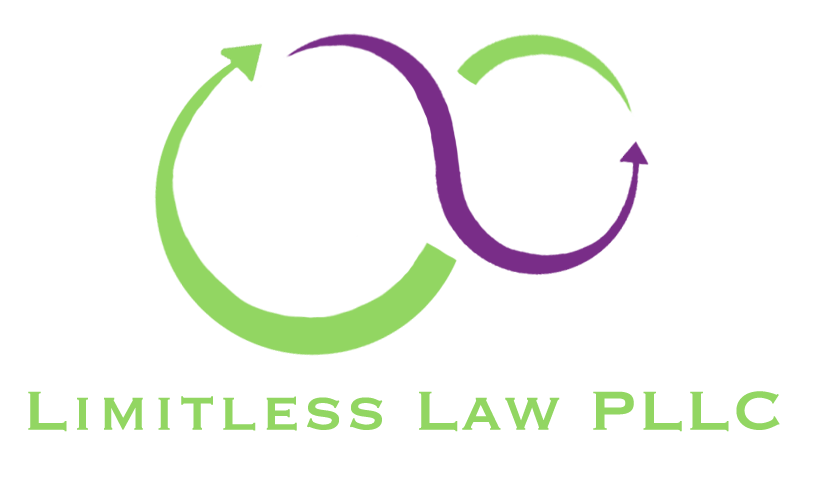An Update on the COVID-19 Eviction Moratorium (Updated September 2, 2020)
As Washington State continues to move forward with its re-opening of businesses and its economy as the COVID-19 pandemic continues to have peaks and valleys throughout much of the state; an extended moratorium released by Gov. Inslee once again is leaving landlords and their tenants in a state of limbo.
In March 2020, the Federal CARES Act passed by Congress included a 120-day suspension on residential evictions. The CARES Act also allowed certain landlords (those with federally-backed mortgages) to request forbearance of their payments.
Governor Inslee extended moratorium on evictions through October 15, 2020. The extension recaps the original order of preventing landlords from evicting tenants due to non-payment of rent during this global pandemic. In Gov. Inslee’s current moratorium, he again gives some exceptions that allow landlords and property managers to move forward with an eviction process. The landlord or manager of the property must provide at least 60-days’ written notice that they intend to (1) personally occupy the premises as a primary residence, or (2) sell the property. Tenants may also still be evicted if they are posing an immediate and significant danger to the health, safety or property of others.
The new moratorium still bans Washington landlords or property managers from charging late fees for rent, it also prohibits landlords from making late rent payments an enforceable debt, or increasing monthly rental payments. Tenants who fall behind on their rent must be offered a reasonable re-payment plan to catch up on any unpaid rent.
On September 1, 2020, the federal CDC also issued a temporary halt on evictions nationwide until December 31, 2020 for all tenants with an expected taxable 2020 income of $99,000 or for an individual or $198,000 annually for a couple filing a joint tax return. Much like the Washington moratorium, the new federal order also does not include forgiveness of rent – tenants will still owe all accrued rent, interest and late fees when the moratorium ends. The federal eviction ban only applies to evictions for lack of rent payment, not for other reasons like destruction of property.






